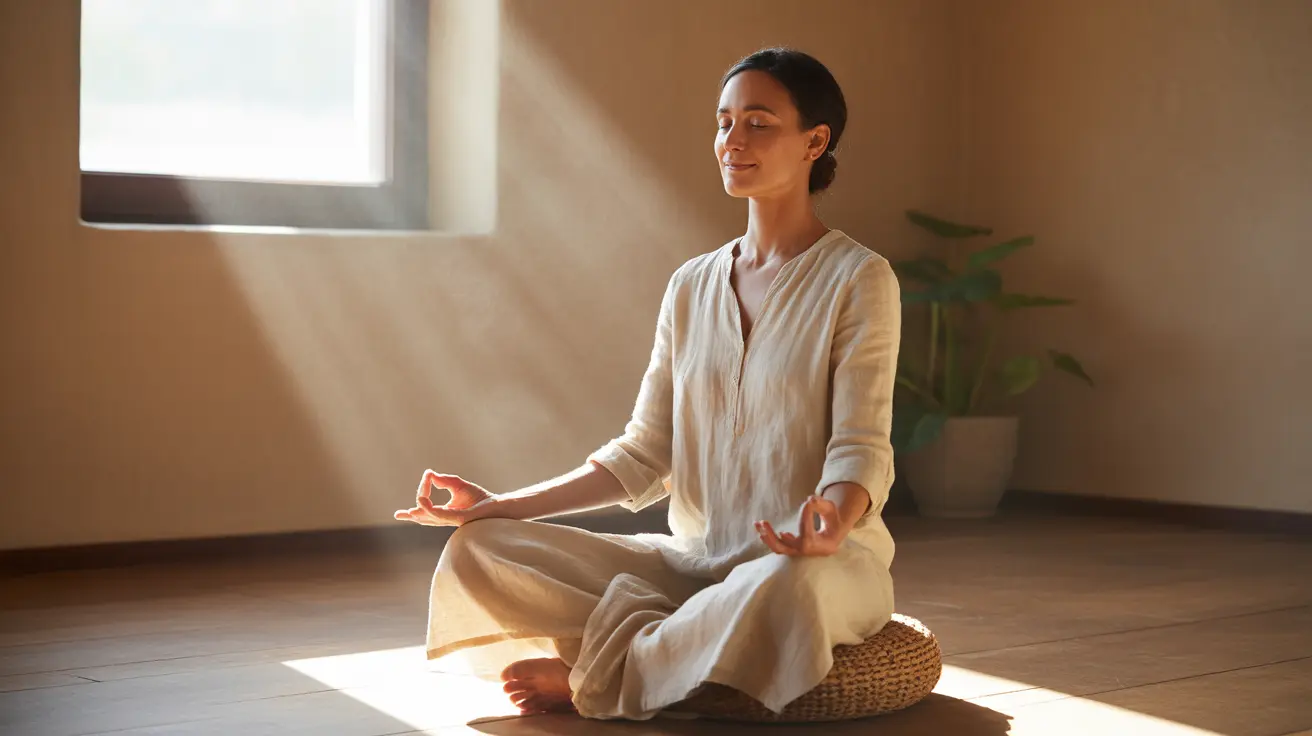Mindfulness-Based Stress Reduction (MBSR) is a powerful, evidence-based program that combines ancient mindfulness practices with modern psychological insights to help people manage stress, anxiety, and chronic pain. This structured approach to mindfulness training has gained significant recognition in both medical and mental health communities for its effectiveness in promoting overall well-being.
Developed by Jon Kabat-Zinn at the University of Massachusetts Medical Center, MBSR has become a gold standard in mind-body interventions, helping thousands of people develop greater awareness, resilience, and emotional balance in their daily lives.
Understanding the Core Principles of MBSR
MBSR operates on the fundamental principle that present-moment awareness can significantly reduce stress and improve quality of life. The program emphasizes non-judgmental observation of thoughts, feelings, and bodily sensations, helping participants develop a more balanced relationship with their experiences.
Key Elements of MBSR Practice
The program typically includes several essential components:
- Body scan meditation
- Seated meditation
- Walking meditation
- Gentle yoga movements
- Mindful breathing exercises
- Daily mindfulness practices
Each element is designed to enhance awareness and promote a deeper connection between mind and body, creating a comprehensive approach to stress reduction and emotional regulation.
The Scientific Foundation of MBSR
Research has consistently demonstrated the effectiveness of MBSR across various domains of health and well-being. Studies show significant improvements in:
- Stress management capabilities
- Anxiety reduction
- Depression symptoms
- Chronic pain management
- Emotional regulation
- Sleep quality
- Overall life satisfaction
These benefits are attributed to the program's ability to modify neural pathways and reduce the body's stress response through regular mindfulness practice.
The Structure of an MBSR Program
Traditional MBSR programs follow a structured 8-week format, though variations exist to accommodate different needs and schedules. Each week builds upon previous learning, gradually developing participants' mindfulness skills and understanding.
Weekly Sessions and Home Practice
A typical MBSR program includes:
- Weekly group sessions (2-2.5 hours each)
- One full-day mindfulness retreat
- Daily home practice assignments (45-60 minutes)
- Guided meditation recordings
- Group discussions and sharing experiences
Implementing MBSR in Daily Life
The true value of MBSR lies in its practical application to everyday situations. Participants learn to integrate mindfulness into daily activities such as:
- Eating mindfully
- Communicating with others
- Managing workplace stress
- Handling difficult emotions
- Navigating challenging relationships
- Dealing with physical discomfort
Frequently Asked Questions
How does MBSR help reduce stress and anxiety in daily life?
MBSR helps reduce stress and anxiety by teaching participants to respond to stressors mindfully rather than reactively. Through regular practice, individuals learn to observe their thoughts and feelings without judgment, leading to decreased anxiety and better stress management skills.
What are the core components of an MBSR program, and how are they practiced?
The core components include body scan meditation, seated meditation, walking meditation, and gentle yoga. These practices are taught in weekly sessions and reinforced through daily home practice, helping participants develop comprehensive mindfulness skills.
Can MBSR improve symptoms of depression and chronic pain?
Yes, research shows that MBSR can significantly improve both depression symptoms and chronic pain management. The program helps individuals develop a different relationship with their thoughts and physical sensations, leading to reduced suffering and improved coping strategies.
How accessible is MBSR for individuals with busy schedules or limited mobility?
MBSR has evolved to become highly accessible through various formats, including online courses, modified schedules, and adapted practices for those with mobility limitations. Many programs now offer flexible options to accommodate different lifestyles and physical capabilities.
What are the long-term benefits of participating in an MBSR program for mental health?
Long-term benefits include improved emotional regulation, enhanced stress resilience, better self-awareness, reduced anxiety and depression symptoms, and sustained improvements in overall mental well-being. Many participants report lasting positive changes in their approach to life's challenges.




